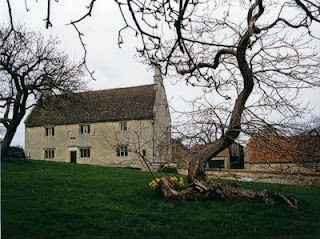Limits, the Penultimate, Thesholds. Love Part 2.

The Last Drink ? A mediocre love is worth more than a great friendship because love is rich in signs and is fed by silent interpretation...a mediocre or stupid person, once we love that person, is richer in signs than the most profound intelligence. Gilles Deleuze, Proust and Signs Writing about love last time reminded me of something Deleuze and Guattari wrote a few years back, which had a profound effect on me. If you have no idea who Deleuze and Guattarri are, Google will reliably tell you. Deleuze in particular has written some of the most important books in the past 100 years, in my view. He died tragically by falling from a window, which the coroner called suicide but which friends such as Michel Serres claimed was more likely a result of him losing his breath and stumbling (he had a respiratory condition). One of Deleuze and Guatarri's insights was into the nature of limits, and how important they are to the way we value things. We use limits in every part of our lives, usua






